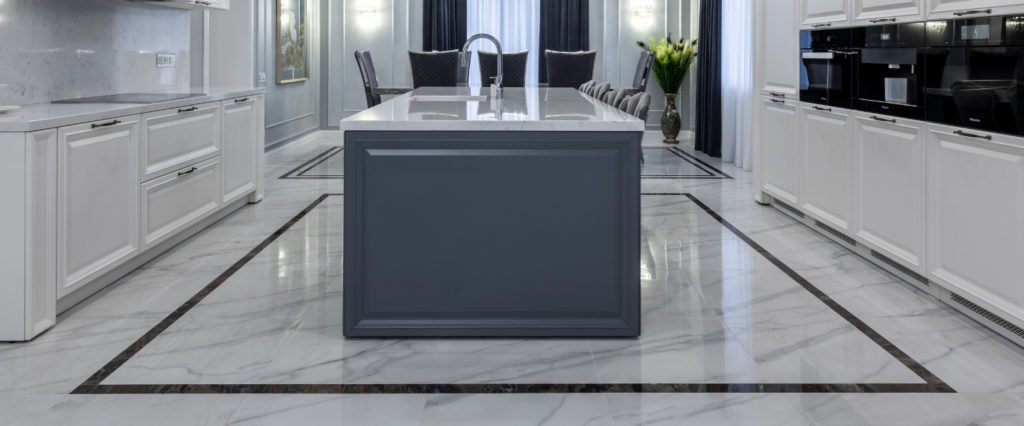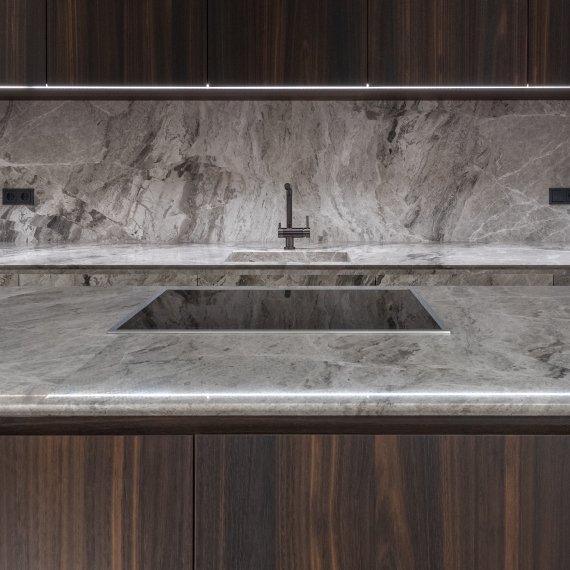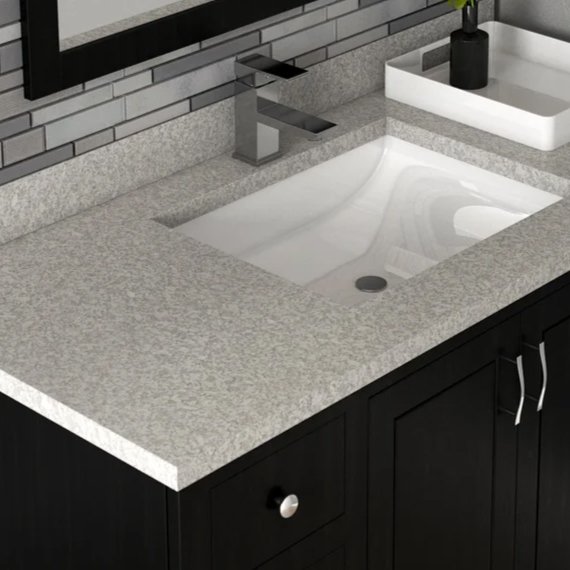
Interior designers and homeowners prefer man-made marble products due to their visual appeal, affordability, and lower maintenance. Being easy to install and affordable, this stone type is in high demand for both domestic and commercial projects. Marble has been one of the most used constructional materials for decades. It is widely useful for various residential and commercial projects in all corners of the world. In the competitive market, there are two sorts of marble: Natural marble and engineered marble. Both marble types are widely popular and bought by B2B and B2C buyers at the global level. With this content, you will learn why engineered marble is beneficial and why people prefer it over natural marble.
Engineered Marble Offers Lots Of Benefits

As its name suggests, a natural marble block is extracted from marble quarries using heavy machinery and equipment. Then, this block is split into gangsaw and cutter slabs and tiles. After polishing and processing, tiles and slabs are delivered to different countries. On the other hand, engineered marble is an artificial or man-made stone product. It is also commonly referred to as an agglomerated stone. When you see extra shining and gloss over any marble surface, the marble product is likely fake. The thing that makes an artificial stone different from a real one is the controlled quality. A natural marble product promises coincidence quality whereas a faux marble exhibits controlled quality. The end buyers of marble stones need to know more about the ease of maintenance and durability offered by artificial and real marble products. The following are some of the advantages of having an engineered stone marble.
Engineered Marble Advantages
- 1 Countless options to choose from a big range of shades, sizes, finishes, designs, and thicknesses.
- 2 Excellent properties of hardness, low porosity, scratch resistance, and zero microbial growth.
- 3 Wide applications for flooring and wall covering projects.
- 4 Easy to clean and maintain as it resists stains and doesn’t attract dust.
- 5 Repairable without any sort of hassles.
- 6 Lower costs with a high level of functionality.
Engineered or faux marble is man-made and it is developed with the following materials: Liquid polymer resins, colors, and marble dust. Then, the marble surface gets a veined effect using dye. After this process, the stone is left to get hardened. At last, marble engineers apply a matte gel coating on the surface of the stone to make it look enticing. Since debut, engineered marble has been developed using various manufacturing methods. The interesting thing that makes the faux marble the first choice of all is its non-porous surface. Thanks to gel coating for making this stone resistant to water, liquid, and air. If not handled carefully, it can be chipped and worn down gradually.
Engineered marble is a type of quartz that copycats the appearance of real marble with the help of resins, crushed rock, and dyes, especially when mixed into the right ratio. It is common to see people going for natural marble due to its elegance, appeal, and luxurious look. But, engineered marble makes a big difference when it comes to installation costs and porosity factor. Engineered marble is ideal for flooring and it is also a popular alternative to natural marble. And the reason is the feel and look of marble at a competitive price tag. Also, spectacular veining patterns of the stone in brilliant colors make artificial marble highly saleable.
Cultured Marble Over Natural Marble

Apart from resistance to abrasion, shock, and flexural strength, the non-porous engineered marble is easy to produce than the real marble. When it comes to the production of faux, engineered stone offers an edge with its dimensional stability that simply reduces wastage during installation. You can’t expect the same benefit as a natural stone product. Moreover, it is the engineered marble’s uniformity in the color that makes the stone quite suitable for large applications. The best part of a unique engineered marble is that it is less impervious to moisture. They have higher tensile strength and abrasion that are vital for the maintenance and durability of the stone. The following are some of the characteristics of cultured marble.








